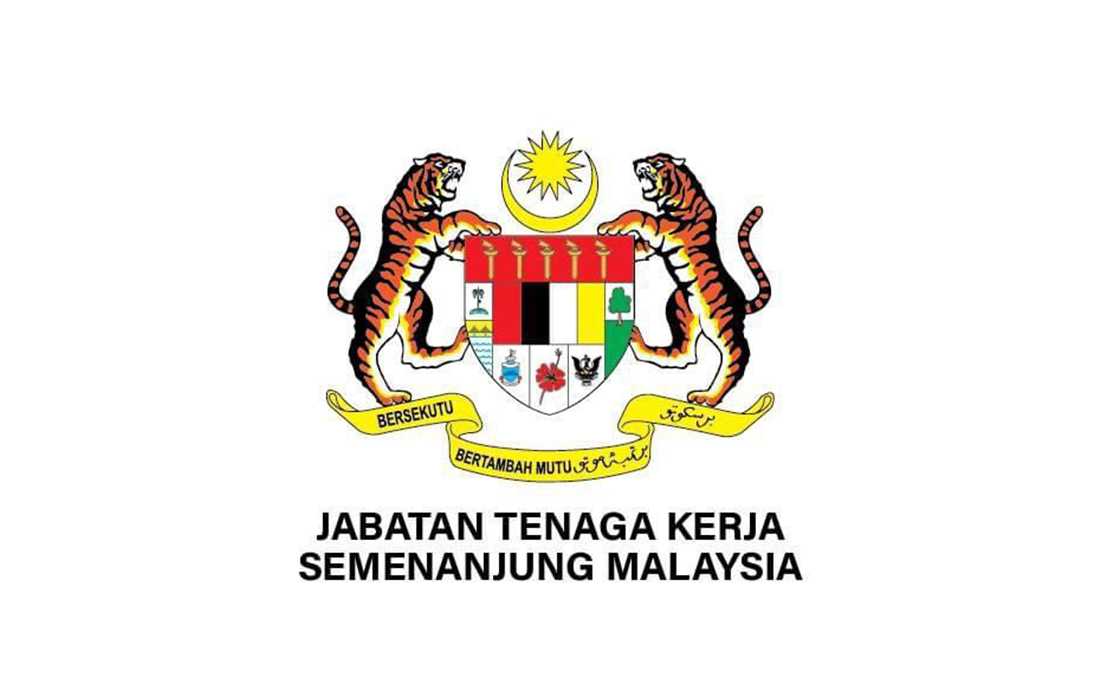Retrenchment & Workforce Changes in Malaysia: When You Must Notify the Department of Labour

Introduction
In Malaysia, employers have a legal obligation to notify the Department of Labour (JTKSM) when making certain workforce changes – particularly those involving retrenchment or other cost-cutting measures.
Whether you are a Malaysian company or a foreign business with local operations, this is not a mere formality. Failing to comply can result in legal penalties, undermine employee relations, and even weaken your position if a dispute is brought before the Industrial Court.
This guide explains when notification is required, how to submit the Borang PK (PK Form), and why timely compliance protects both your business and your reputation.
When to Notify the Department of Labour in Malaysia
Employers must notify the nearest Labour Office pursuant to the Employment (Retrenchment) Notification 2004 made under the Employment Act 1955. To do this, employers must submit a notification using the Borang PK (Workforce Reduction Notification Form) when undertaking any of the following actions:
- Retrenchment (Redundancy)
Terminating employees due to redundancy, such as when a company downsizes, closes a department, or restructures operations.
Illustration
A manufacturing company in Penang decided to shut down one of its production lines due to falling demand. Fifteen employees in that line were made redundant, but management only informed them of the decision – they did not file the PK Form. When two employees challenged the retrenchment, the court noted the failure to notify the Department of Labour as evidence that the process was procedurally flawed.
Tip: always submit the PK Form at least 30 days before the effective date of retrenchment. Record objective selection criteria (e.g., skills-based needs, performance, conduct, LIFO where appropriate) and keep contemporaneous minutes. This can help demonstrate fairness if the retrenchment is later challenged.
- Voluntary Separation Scheme (VSS)
Offering employees a package to voluntarily leave as part of a restructuring.
Illustration
An IT services company rolled out a VSS for employees in a non-core division. HR assumed that because the exits were “voluntary,” no notification was required. The Labour Department later issued a warning, noting that the VSS was part of an operational downsizing and should have been reported.
Tip: Even if employees resign under a VSS, if the scheme is part of a cost-cutting or restructuring exercise, it still triggers the PK Form requirement.
- Temporary Lay-off
Temporarily stopping work for employees with the intention of re-employing them later.
- Salary Reduction
Reducing employee salaries to save costs during downturns.
Combined Illustration
A retail chain cut working days in half and reduced pay by 25% for floor staff due to a slump in sales. Management saw this as a “temporary measure” and did not file the PK Form. Employees lodged complaints, and the company was ordered to submit the form retroactively – along with facing employee dissatisfaction over lack of transparency.
Tip: temporary measures can still have legal implications. If in doubt, check with local counsel whether the change requires Department of Labour notification.
The PK Form Notification Process
To comply with Malaysian labour law:
- Form Access: obtain the Borang PK (Workforce Reduction Notification Form) from the Department of Labour’s website or office.
- Submission Timeline: submit the completed form to the nearest Department of Labour office at least 30 days before the change takes effect.
- Information Required: details of affected employees, reasons for the change, and the type of measure (retrenchment, VSS, lay-off, salary reduction).
Why Compliance Matters
Some employers treat the PK Form as a bureaucratic step – but it serves important legal and practical purposes:
- Employee Relations: filing shows transparency and may reduce suspicion among staff.
- Evidence in Disputes: In Industrial Court proceedings, failure to notify can be cited as a procedural unfairness factor, even where economic reasons are genuine. Proper PK filing and a fair selection matrix mitigate this risk.
- Avoiding Penalties: Non-compliance is an offence; the general penalty under section 99A of the Employment Act provides for fines that can be substantial (up to RM50,000), with enforcement discretion resting with the Labour Department / prosecution.
- Regulatory Standing: repeat non-compliance can affect your company’s credibility with regulators.
Penalties in Case of Non-Compliance
Failure to submit the PK Form within the stipulated timeframe is an offence under the Employment Act 1955. Employers who do not comply may be fined and risk closer scrutiny in future workforce changes.
Compliance is not just about avoiding penalties – it is about demonstrating good faith, protecting your company’s legal position, and ensuring a smooth process during organisational change.
Need help with Malaysian workforce notifications?
Whether you’re a Malaysian employer or a foreign company with local operations, our employment law team can guide you through PK Form compliance, retrenchment planning, and cost-saving measures – ensuring you meet all Department of Labour requirements.
Complete our quick 2-minute inquiry form here to share your situation and receive a prompt, confidential response from one of our lawyers.
This article is for general information only and does not constitute legal advice.

.png)